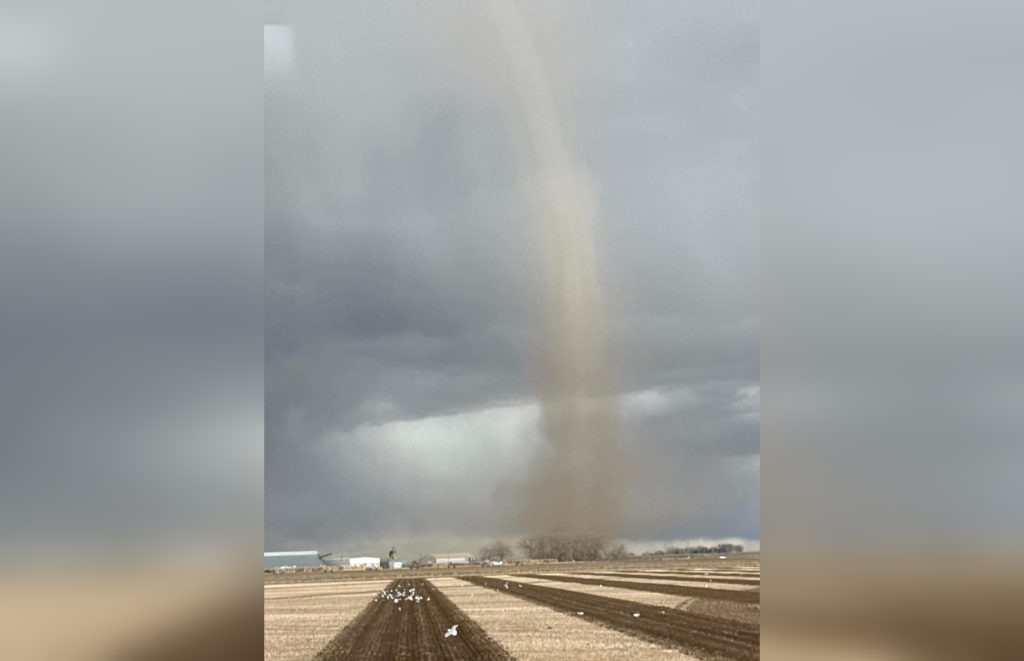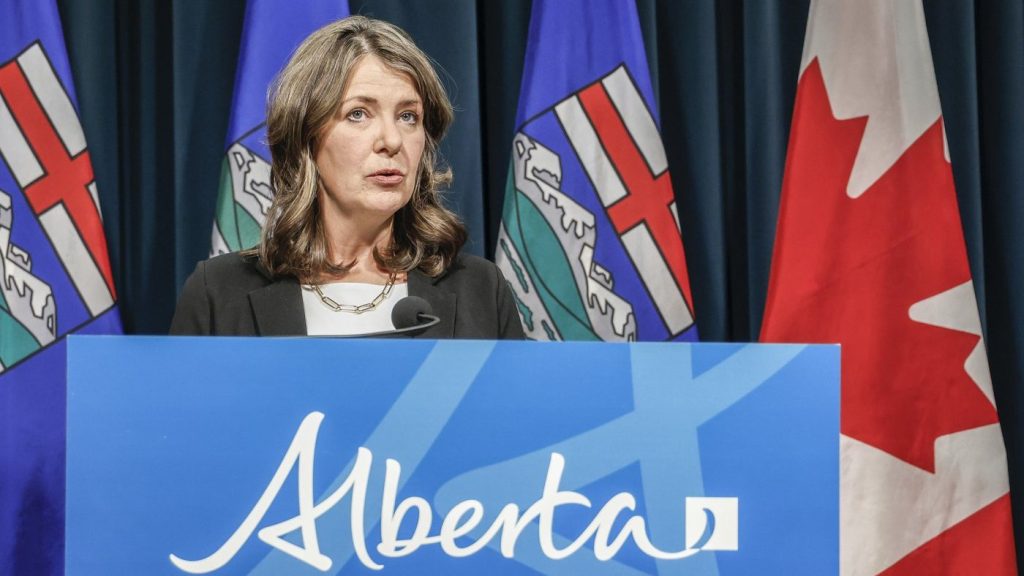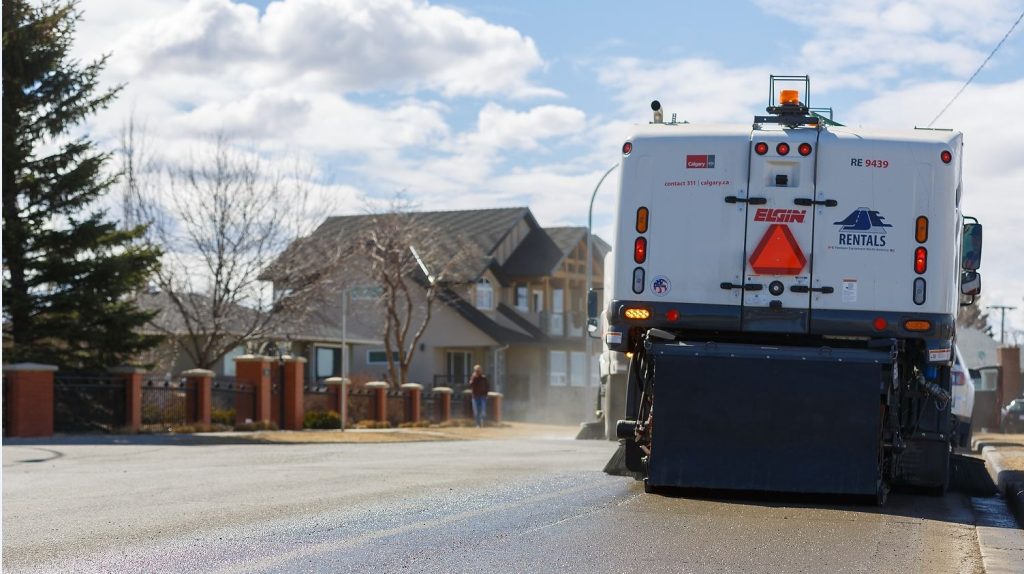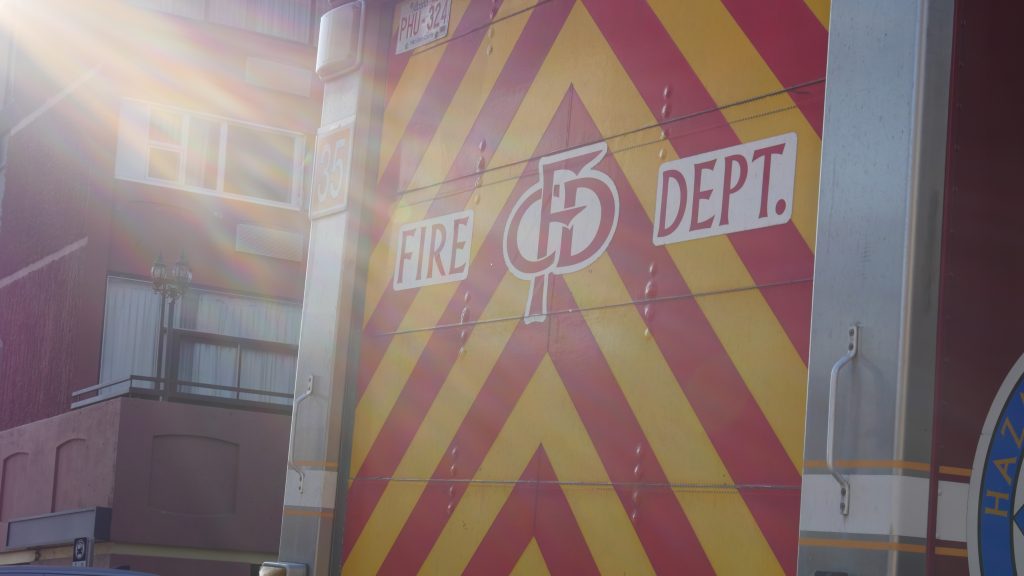Canadian radiologists sound the alarm on long wait times for CT scans, MRIs
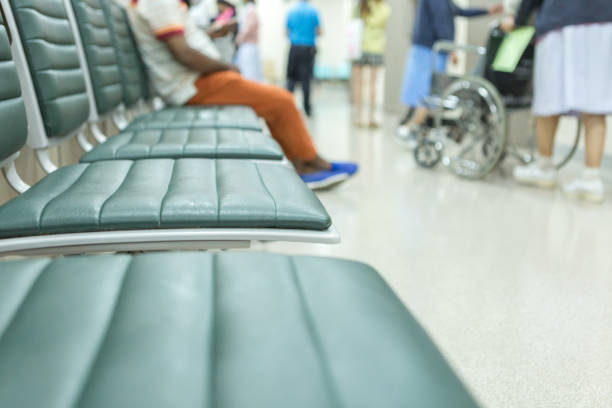
Posted Nov 21, 2022 8:08 am.
Last Updated Nov 21, 2022 8:09 am.
Radiologists across Canada say patients are waiting too long to get the tests they need. The problem is so serious, a group of them went to Parliament Hill recently and told MPs to their face that Ottawa needs to spend money to improve access.
Wait times are long, especially at a time when hospitals, which are still dealing with COVID-19, are seeing an increase in cases of the flu and RSV, the latter of which afflicts children the hardest.
The Canadian Association of Radiologists (CAR) admits there can be a devastating impact on people who are waiting to find out what’s going on with their health, not to mention, the stress that comes with it.
Related articles:
-
B.C. cancer wait times lead to deaths before treatment: Globe investigation
-
‘I’m worried about our system’: B.C. mom recounts hours-long hospital wait with toddler
-
BC Children’s Hospital clarifies when emergency care is necessary, after 9 hour wait times
Right now, the group says people are waiting an average of 50 to 82 days for a CT scan and three months for an MRI. The recommended time for these tests is one month.
“This is 20 to 50 days longer than the recommended 30-day wait time. According to a recent survey among our members, these delays are currently worse. Fifty-three per cent of Canadians say wait times to access diagnostic imaging have worsened since the pandemic stared. At the same time, with radiologists, medical radiation technologists and sonographers alike experiencing high levels of burn out with no solution in sight, the situation will only get worse,” said CAR President Dr. Gilles Soulez.
The organization is calling for a federal investment of $1 billion spread out across the country over the next three years, focused on the most densely populated provinces to help improve aging medical imaging equipment.
“What we heard during our meetings was clear — Canadians deserve better. Investments are needed,” said Soulez.
The national organization also wants the federal government to work with stakeholders to find ways of recruiting and retaining staff to better support the demand in capacity.
“Canadians who postponed diagnostic and necessary follow-up imaging early in the pandemic are now in more urgent need of care,” explained Dr. Ania Kielar, CAR vice-president. “Simply put, if we do not take action now to resolve critical resource shortages, the demand for imaging will significantly impact our healthcare system.”

This fall, the BC Radiological Society revealed thousands of people in B.C. were waiting for medical imaging.
It said there were four key areas that needed to be urgently addressed to prevent further “deterioration.” They were: human resources, equipment, breast-imaging, and community imaging clinics (CICs).
The group also wrote a letter to the province asking for help.
In a statement to CityNews in September, the B.C. Ministry of Health said, “We recognize the concerns expressed by members of the British Columbia Radiological Society, in the letter they sent to the Minister yesterday. We want to assure British Columbians that we remain committed to ensuring patients across the province are able to access the care they need, when they need it.”
